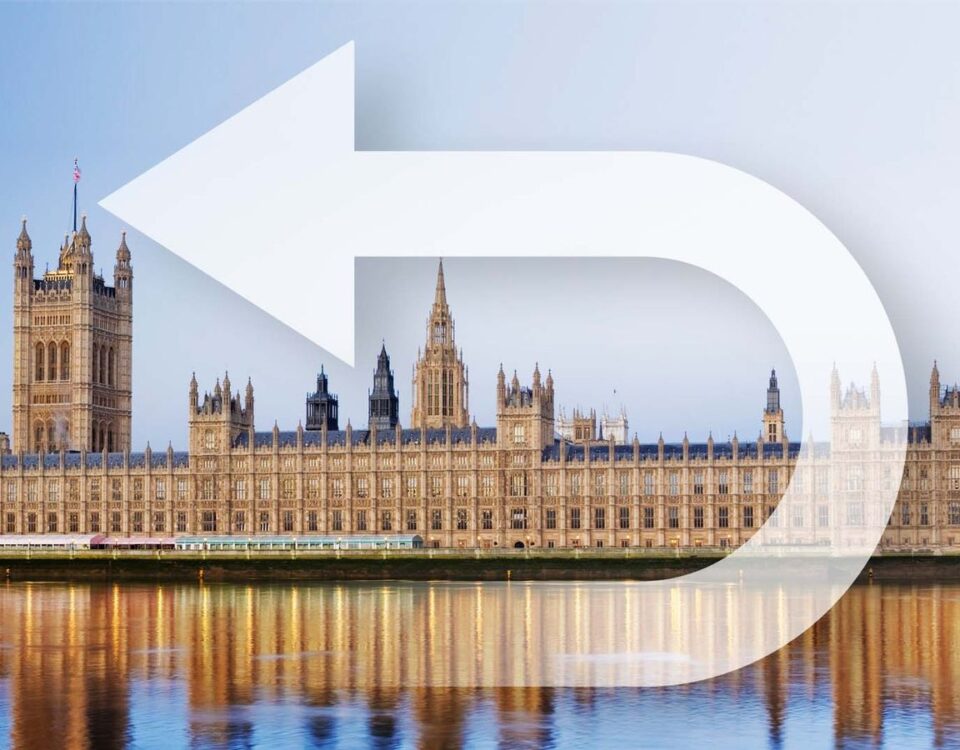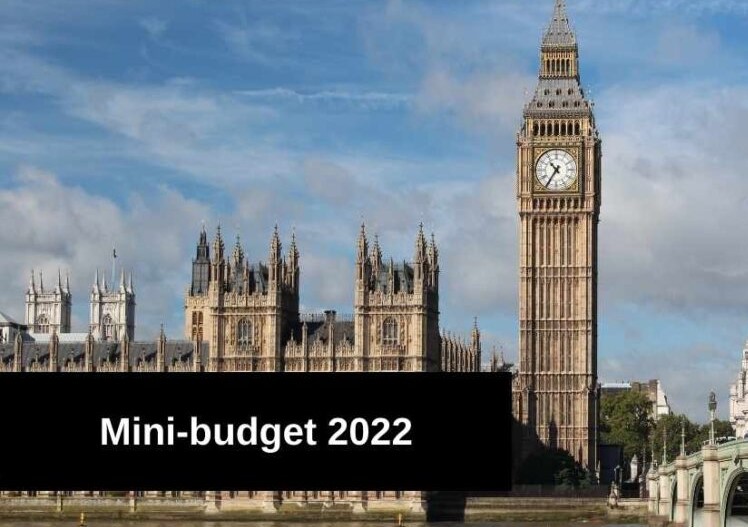UK Inheritance Tax (Part 1) Explained

Inheritance Tax Explained
Inheritance Tax is a tax on the estate (the property, money and possessions) of someone who’s died.
There’s normally no Inheritance Tax to pay if either:
- the value of your estate is below £325,000 threshold or
- you leave everything to your spouse, civil partner or a charity
If you give away your home to your children (including Adopted, Foster or Stepchildren) or Grandchildren, your threshold will increase to £425,000.
If you’re married or in a civil partnership and your estate is worth less than your threshold, any unused threshold can be added to your partner’s threshold when you die. This means that your partner’s threshold can be as much as £850,000.
Inheritance Tax Rates
The standard Inheritance Tax rate is 40%. It is only charged on the part of your estate that’s above the threshold.
Example
Your estate is worth £500,000 and your tax-free threshold is £325,000. The Inheritance Tax charge will be 40% of £175,000 (£500,000 minus £325,000).
The estate can pay Inheritance Tax at a reduced rate of 36% on some assets if you leave 10% or more of the ‘net value’ of your estate to charity.
Reliefs and Exemptions
Some gifts you give while you’re alive may be taxed after your death. Depending on when you gave the gift, ‘Taper Relief’ might mean the Inheritance Tax charged is less than 40%.
Other reliefs, such as Business Relief allow some assets to be passed on free of Inheritance Tax or with a reduced bill.
Who is responsible for paying Inheritance Tax?
Funds from your estate are used to pay Inheritance Tax to HM Revenue and Customs (HMRC). This is done by the person dealing with the estate (called the ‘Executor’, if there’s a Will).
Your beneficiaries (the people who inherit your estate) don’t normally pay tax on things they inherit. They may have related taxes to pay, for example if they get rental income from a house left to them in a Will.
People you give gifts to might have to pay Inheritance Tax, but only if you give away more than £325,000 and die within 7 years.
Passing on a Property 
You can pass a home to your Husband, Wife or Civil Partner when you die. There’s no Inheritance Tax to pay if you do this.
If you leave the home to another person in your Will, it counts towards the value of the estate.
If you leave your home to your children (including Adopted, Foster or Stepchildren) or Grandchildren, your tax-free threshold will increase to £425,000.
Giving away a Property before you die
There’s normally no Inheritance Tax to pay if you move out and live for another 7 years.
If you want to continue living in your property after giving it away, you’ll need to:
- pay rent to the new owner at the going rate (for similar local rental properties)
- pay your share of the bills
- live there for at least 7 years
You don’t have to pay rent to the new owners if both the following apply:
- a) you only give away part of your property
- b) the new owners also live at the property
If you die within 7 years
If you die within 7 years of giving away all or part of your property, your home will be treated as a gift and the 7 year rule applies, as explained below.
The 7 year rule
If there’s Inheritance Tax to pay, it’s charged at 40% on gifts given in the 3 years before you die.
Gifts made 3 to 7 years before your death are taxed on a sliding scale known as ‘Taper Relief’.
Years between gift and death Tax paid
Less than 3 years 40%
3 to 4 years 32%
4 to 5 years 24%
5 to 6 years 16%
6 to 7 years 8%
7 years or more 0%
Gifts are not counted towards the value of your estate after 7 years.
Gifts
There’s usually no Inheritance Tax to pay on small gifts that you pay out of your normal income, such as Christmas and Birthday presents. These are known as ‘Exempted Gifts’.
There’s also no Inheritance Tax to pay on gifts between spouses or civil partners. You can give them as much as you like during your lifetime, as long as they permanently live in the UK.
Other gifts count towards the value of your estate.
People you give gifts to will be charged Inheritance Tax if you give away more than £325,000 within 7 years of your death.
What counts as a Gift
A Gift can be:
- anything that has a value, such as money, property, possessions
- a loss in value when something’s transferred, for example if you sell your house to your child for less than it’s worth, the difference in value counts as a gift
Exempted Gifts
You can give away £3,000 worth of gifts each tax year (6 April to 5 April) without them being added to the value of your estate. This is known as your ‘Annual Exemption’.
You can carry any unused annual exemption forward to the next year, but only for one year.
Each tax year, you can also give away:
- Wedding or Civil ceremony gifts of up to £1,000 per person (£2,500 for a Grandchild or Great-Grandchild, £5,000 for a Child)
- Normal gifts out of your income, for example Christmas or Birthday presents. You must be able to maintain your standard of living after making the gift.
- Payments to help with another person’s living costs, such as an elderly relative or a child under 18.
- Gifts to Charities and Political Parties.
You can use more than one of these exemptions on the same person: for example, you could give your Grandchild gifts for her birthday and wedding in the same tax year.
Small gifts up to £250
You can give as many gifts of up to £250 per person as you want during the tax year as long as you haven’t used another exemption on the same person.
When someone living outside the UK dies
If your permanent home (‘domicile’) is abroad, Inheritance Tax is only paid on your UK assets, for example property or bank accounts you have in the UK.
It’s not paid on ‘excluded assets’ like:
- Foreign Currency Accounts with a bank or the Post Office
- Overseas Pensions
- Holdings in authorised Unit Trusts and open-ended Investment Companies
There are different rules if you have assets in a Trust or Government Gilts, or you’re a member of visiting Armed Forces.
When you won’t count as Living Abroad
You are treated as being domiciled in the UK if you either:
- Lived in the UK for 17 of the last 20 years, or
- Had your permanent home in the UK at any time in the last 3 years
Double-Taxation Treaties
Your Executor might be able to reclaim tax through a ‘Double-Taxation Treaty’ if Inheritance Tax is charged on the same assets by both the UK tax authority and the tax authority in the country where you lived.



